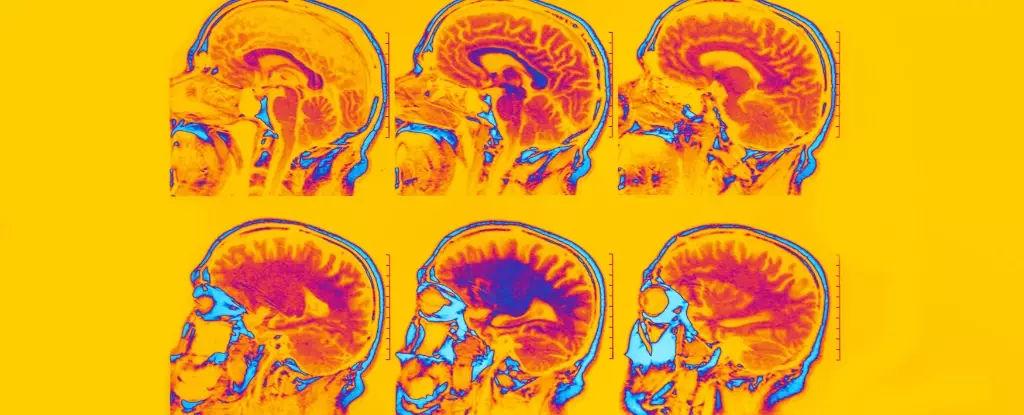In the world of mental health, finding the right treatment for depression and anxiety disorders can be a challenging and often frustrating process. However, a recent study conducted by a team from the US and Australia has shed new light on the subject. By analyzing brain activity patterns in a large group of individuals with depression and anxiety, researchers have identified six distinct types of brain activity, symptoms, and responses to treatment.
The Problem with Traditional Approaches
The traditional “one-size-fits-all” approach to diagnosing and treating mental health disorders often leads to trial and error when it comes to finding effective treatments. This can be a lengthy, expensive, and disheartening process, with many patients not achieving remission even after trying multiple treatment options. The lack of personalized treatment plans in psychiatry has been a significant barrier to progress in the field.
Advancements in Brain Imaging Technology
The study involved 801 participants diagnosed with various mental health conditions, as well as 137 control subjects. Functional MRI (fMRI) scans were used to measure brain activity in different regions while participants were at rest and engaged in cognitive and emotional tasks. By focusing on six specific brain circuits known to play a role in depression, researchers were able to identify patterns of overactivity and underactivity in these circuits.
One of the most significant findings of the study was the ability to group participants into six distinct types based on their brain activity patterns. This breakthrough opens up the possibility of tailoring treatment plans to individuals based on how their brains function. For example, the study found that the antidepressant venlafaxine was most effective for individuals with overactive cognitive brain regions, while talk therapy worked best for those with specific brain activity linked to depression and problem-solving.
The concept of precision psychiatry, which aims to identify the most effective treatments for individual patients based on their unique characteristics, is gaining momentum. By utilizing information on brain function, researchers and clinicians can develop more precise treatment plans and prescriptions for those struggling with mental health disorders. This personalized approach holds great promise for improving outcomes and reducing the trial and error often associated with mental health treatment.
As researchers continue to delve deeper into the complexities of depression and anxiety, new breakthroughs are emerging. A recent study identified a new cognitive biotype of depression, affecting a significant portion of individuals with major depressive disorder. This biotype presents cognitive deficits that are often unresponsive to traditional antidepressants, prompting the exploration of new treatment options. By utilizing advanced brain imaging techniques, researchers are making strides towards more effective, personalized treatments for mental health disorders.
The future of depression treatment appears to be moving towards a more personalized and precise approach. By identifying unique brain activity patterns and tailoring treatments to individual patients, researchers are paving the way for more effective and efficient mental health care. While there is still much to learn and discover in the field of mental health, these advancements offer hope to those struggling with depression and anxiety.


Leave a Reply